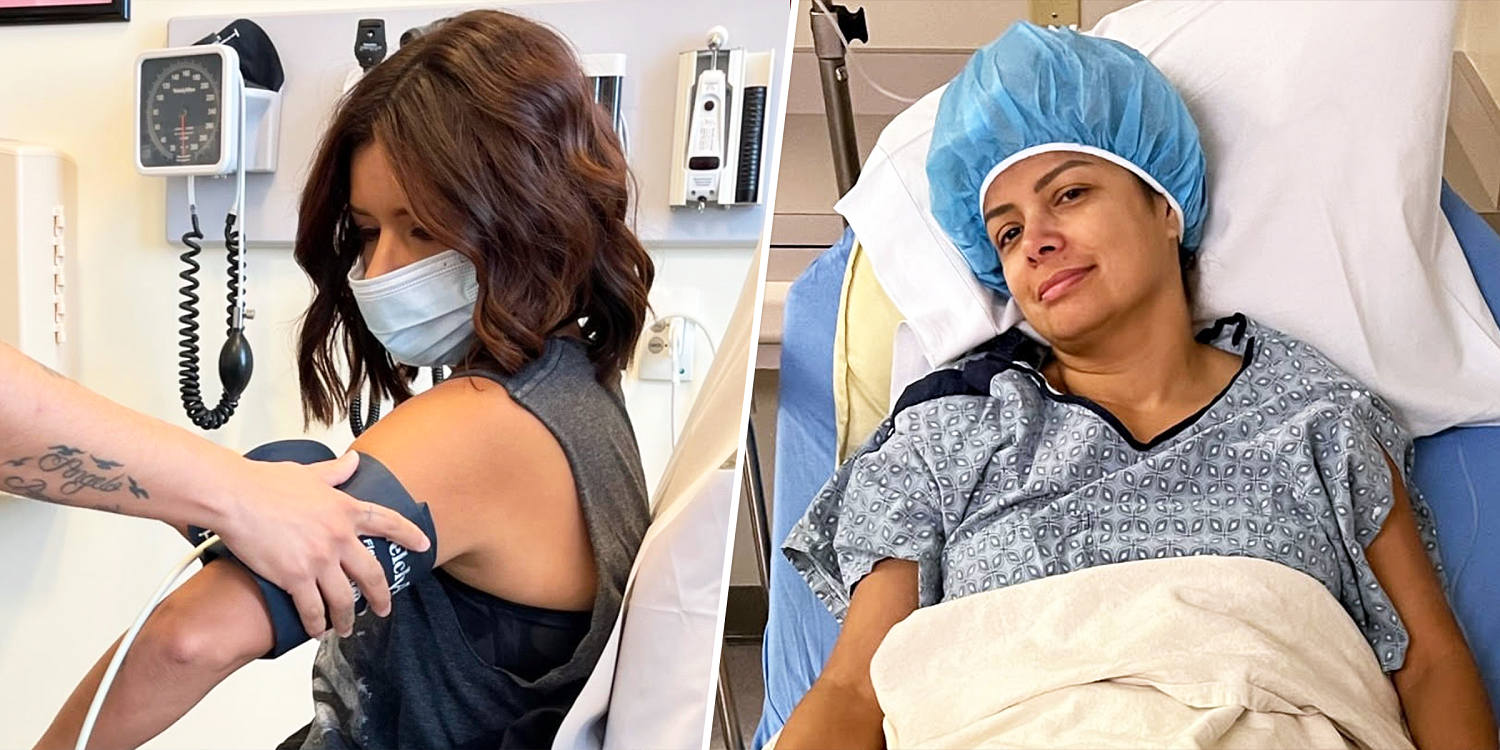
An Oxford study suggests that triptans are the most effective migraine treatment, outperforming newer, pricier options. For decades, inexpensive painkillers like aspirin and ibuprofen, along with triptans—drugs that narrow blood vessels in the brain to block migraine-triggering chemicals—have been prescribed for migraines. Recently, a new generation of migraine drugs called gepants, which block the release of a protein involved in pain, have emerged.
The study examined 137 randomized controlled trials involving nearly 90,000 participants who received one of 17 migraine drugs or a placebo. It analyzed triptans as well as newer treatments such as ubrogepant (Ubrelvy) and rimegepant (Nurtec ODT). These newer drugs, which block proteins called CGRP that are released during a migraine attack, can cost around $1,000 for a month’s supply.

Best for lasting relief (up to 24 hours): eletriptan and ibuprofen Most effective for 2-hour relief: eletriptan Followed by: rizatriptan, sumatriptan, zolmitriptan All tested drugs were shown to be more effective than placebo for pain relief within two hours, with most providing sustained relief for up to 24 hours, except for paracetamol and naratriptan (Amerge). “Our findings pave the way to a precision medicine approach in clinical practice and should be used to help inform future guidelines about treatments for acute migraines to ensure that patients receive the best possible care,” he added. Triptans “are currently widely underused,” according to the study.
Despite their effectiveness, only 16.8 to 22.7 percent of Americans opt for them.
Safety concerns contribute to this underuse, however, the study notes that results from previous research are difficult to interpret. “Our network meta-analysis suggest that the best performing triptans should be considered the treatment of choice for migraine episodes owing to their capacity for inducing rapid and sustained pain freedom, which is of key importance for people with migraine,” the authors wrote. They suggest considering lasmiditan, rimegepant, and ubrogepant after second-line drugs like ibuprofen have been tried.
Some people experience an “aura” before an attack, which may include visual disturbances or sensory changes. Recognizing common triggers can help manage migraines. Stress: Affects nearly 70 percent of migraine sufferers.
Coping strategies include relaxation techniques and maintaining consistent sleep schedules. Sleep irregularities: An irregular sleep schedule increases migraine risk. Aim for seven to eight hours of sleep each night.
Hormonal changes: Many women experience menstrual migraines due to hormonal fluctuations. Discussing treatment options with a health care provider can be beneficial. Diet : Certain foods, like aged cheeses and chocolate, can trigger migraines.
Keeping a food diary can help identify specific triggers..














